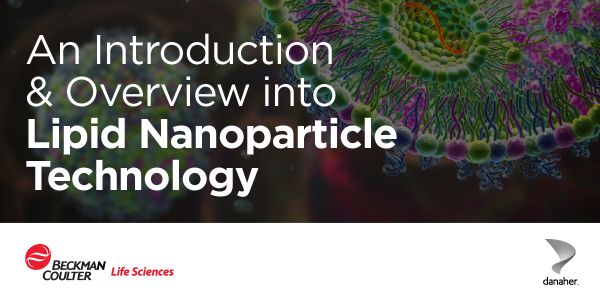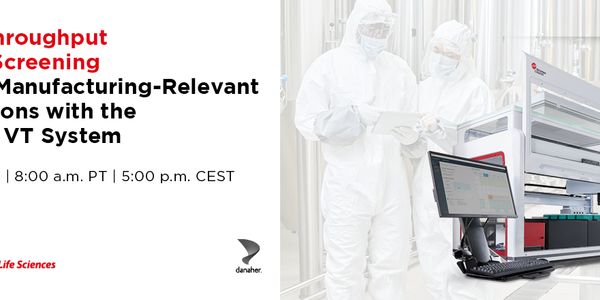Developing Precision Combination Therapies to Overcome Evolution of Therapeutic Resistance
-
Khyati Shah, PhD
Post Doctoral Research Scholar at University of California, San FranciscoBIOGRAPHY
Recent clinical successes in cancer genome-inspired personalized medicine have been a major breakthrough in drug discovery. However, 98% of the patients have an incomplete therapeutic response. These patients with residual disease, progress upon therapy and develop acquired resistance and derive limited survival. Tumors are proficient at developing resistant to therapies, and the molecular mechanisms of therapeutic resistance are critical to pinpointing strategies to prevent these escape routes and to obtain long-lasting clinical responses. Using clinical specimen of disease progression, a majority of genetic alterations have been characterized and shown to co-exists upon acquired resistance, hence targeting single genetic driver would be futile to combat poly-clonal resistance. Therefore, there is an increasing need to find a targetable approach to prevent the evolution of resistance and yield a complete therapeutic response to abrogate the residual disease.
To address this, we have developed the in-vitro models of acquired resistance (AR models). We further used these AR models to identify therapeutic strategies that could overcome resistance. This drug screen revealed that aurora kinase inhibitors exhibited strong synergy with EGFR-TKI to abrogate cell proliferation and induced potent apoptosis. Furthermore, long-term pharmacological inhibition of Aurora pathway forestalled the emergence of resistance, inhibit the growth of residual disease and abrogate the acquired resistance. Since overactivation of aurora pathway was known to cause mitotic errors and polyploidy, we surveyed for mitotic defects induced by EGFR-TKI treatment and in acquired resistant cells. EGFR-TKI treatment resulted in a marked accumulation of errors in centrosome biogenesis, spindle assembly, and chromosome segregation resulting in polyploid cells with abnormal DNA content. These errors were present in acquired resistant lines indicating persistent mitotic stress is a feature of EGFR inhibition. Exogenous overexpression of AURKA or TPX2 in parental cells phenocopied these defects, implying causation. Therefore, we conclude that the abnormal activation of TPX2/AURKA leaves a signature of defects associated with mitotic stress, a prominent feature of genomic instability. Our results indicate that heightened TPX2/AURKA activation is required for tumor cells to transition out of sensitive cell state and persist upon drug pressure. This deregulation creates a highly genomically unstable environment and gives rise to genomic heterogeneity providing a fertile ground for the subsequent survival of fittest sub-clones.
Learning Objectives:
1. Define the limitation of therapeutic resistance in drug discovery
2. Design the strategy to overcome resistance
3. Identify basis of resistance evolution
Developing Precision Combination Therapies to Overcome Evolution of Therapeutic Resistance
Please update your information
Certificate of Participation
DOWNLOAD CERTIFICATE






